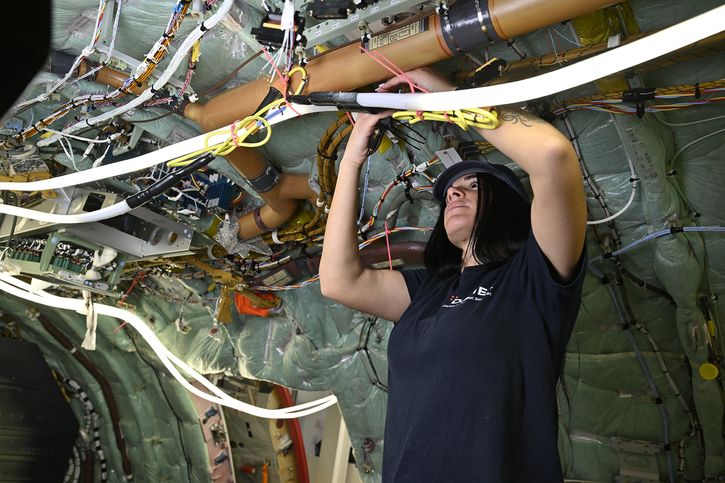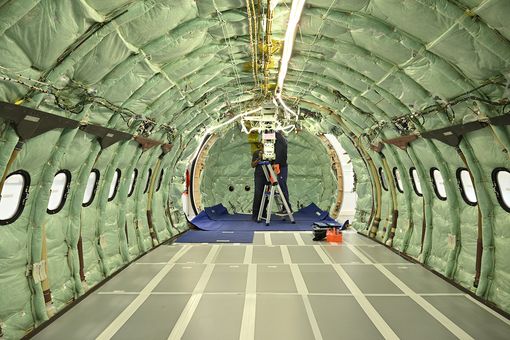Low Voltage Electrical Certification Training – Aeronautics

Prepare for low voltage electrical certification specific to the aeronautics sector.
Today, any worker performing tasks on or near an electrical installation (an aircraft is considered an electrical installation) must be certified by their employer. This certification ensures each employee is trained and informed about the electrical hazards present in their work environment and encourages them to take all necessary precautions to work safely.
Upon completion of the Low Voltage Electrical Certification training—and depending on the level related to your role—you will be able to protect yourself from electrical risks when working in proximity to live parts, particularly exposed energized components of an electrical installation.
Key Skills Developed
- Ability to carry out operations on or near an aircraft safely, with regard to electrical hazards (in accordance with the NF C 18-510 standard)
Job-Related Competencies
- Apply safety procedures and electrical risk prevention measures adapted to operations in the aeronautical environment.
Training Duration Based on Activity & Needs
-
1 day: B0 Operator Level
-
2 days: B1V with restriction (non-electricians required to work on or near aircraft)
-
3 days: BE (testing, verification, and measurement), B1V, B2V, BR, BC
A refresher course (required every 3 years minimum) is also available, lasting 1 to 2 days depending on the targeted certification level.
All our trainers have hands-on field experience and are experts in the electrical and aeronautical sectors.
They deliver training that meets the specific requirements of the aeronautical industry and the NF C 18-510 standard, published on January 21, 2012.

Training Standards & Regulatory Compliance
The Low Voltage Electrical Certification training follows the objectives of the NF C 18-510 standard:
-
Protect people and property
-
Ensure the competency of individuals working in electrical safety
This certification is mandatory for anyone performing or supervising operations on or near an aircraft, or accessing restricted areas reserved for electricians without supervision.
Employers are required to train their staff on electrical risk prevention when such risks are present in their roles. They must also implement appropriate safety training and information measures and provide suitable resources.
The electrical certification title is the employer’s official recognition of an employee’s ability to safely perform electrical tasks (as per Decree 2010-1018, August 30, 2010).


Training Objectives
Enable employers to issue an appropriate electrical certification in line with each employee’s assigned tasks

Teaching Method

Training Assessment

Training Duration

Target Audience & Prerequisites
Electrical knowledge requirements vary depending on the desired clearance level.

Training Location
29 Avenue Jean Monnet
31770 COLOMIERS
Want to learn more ?
Interested in our Low Voltage Electrical – Aeronautics
Download the brochure


